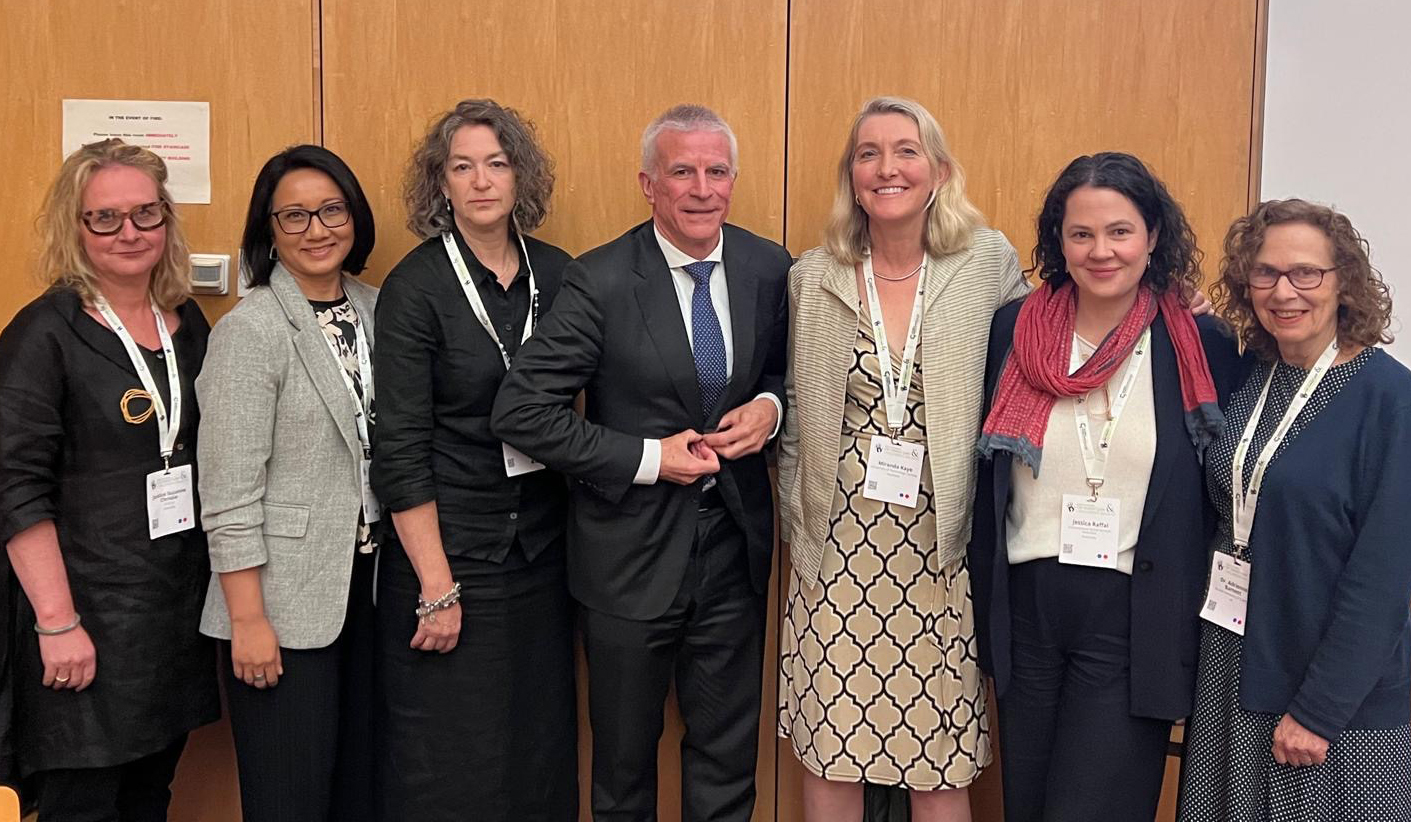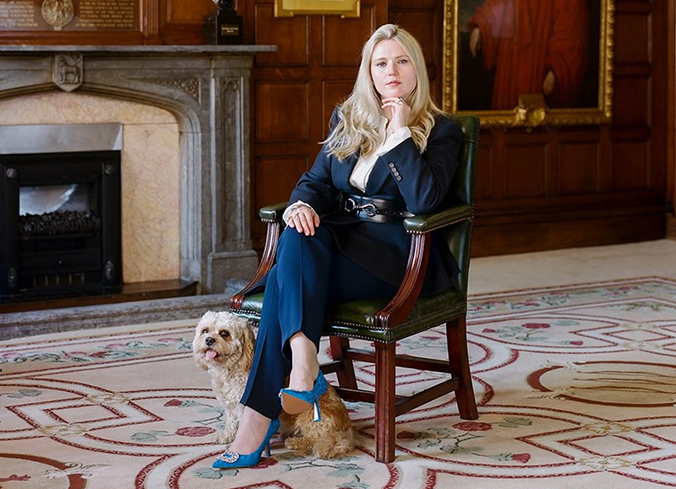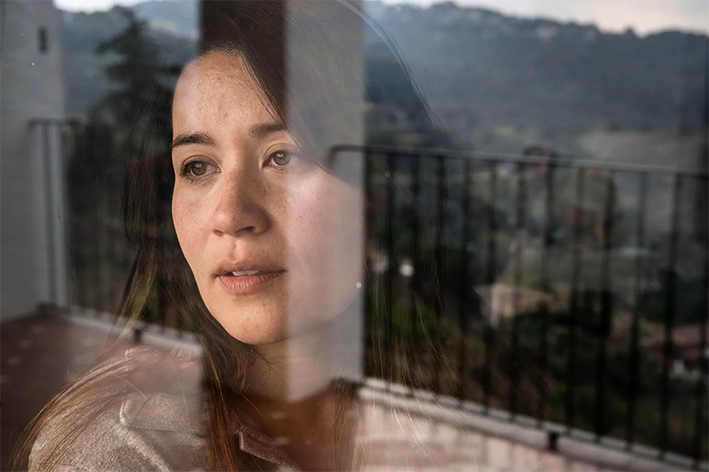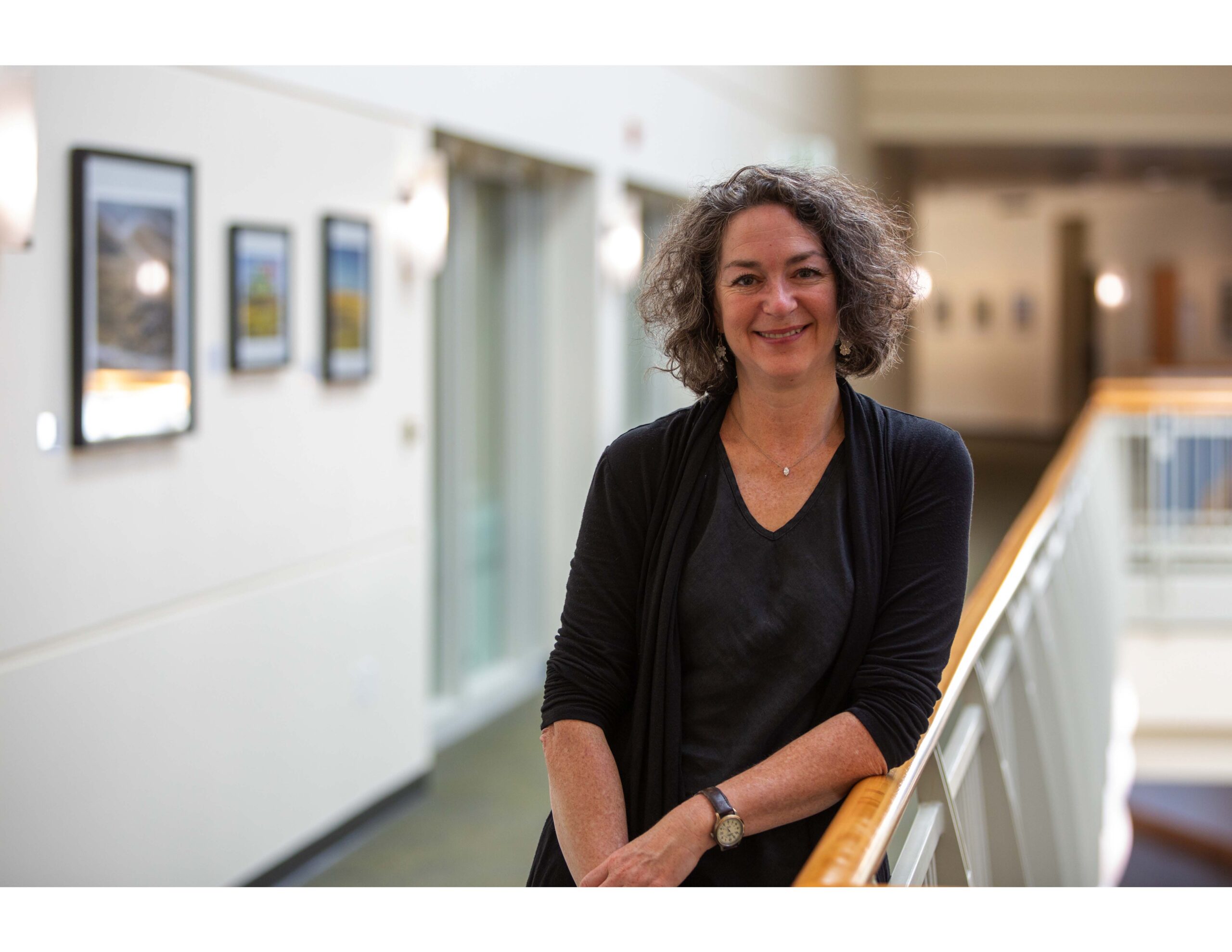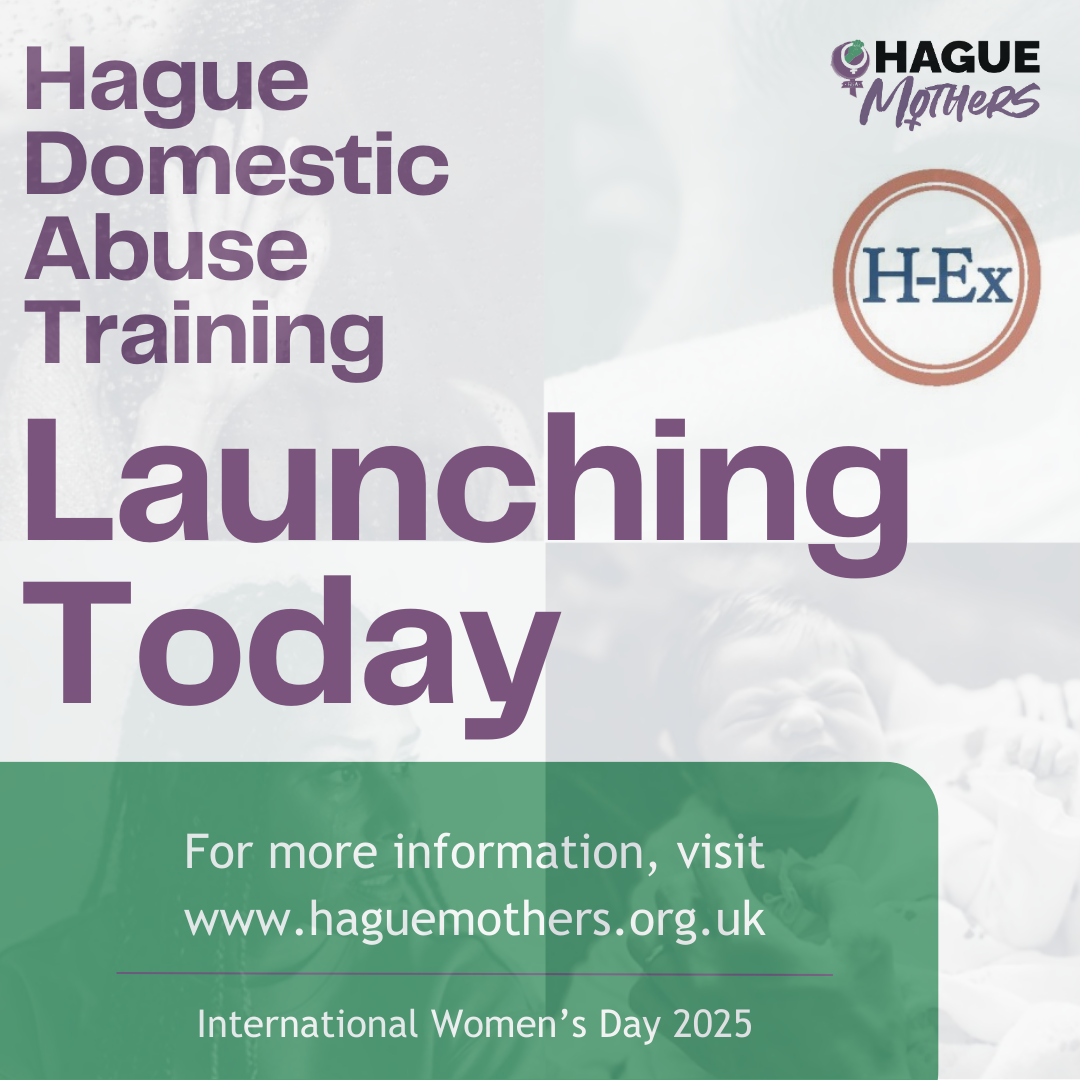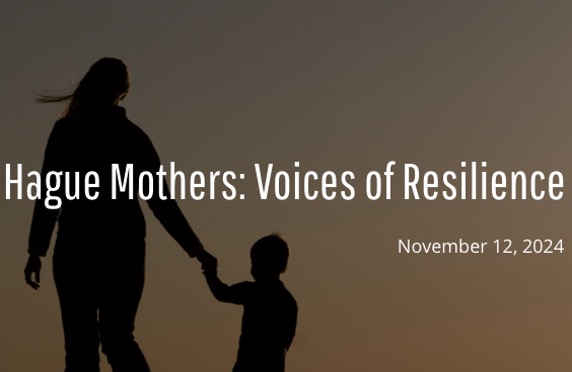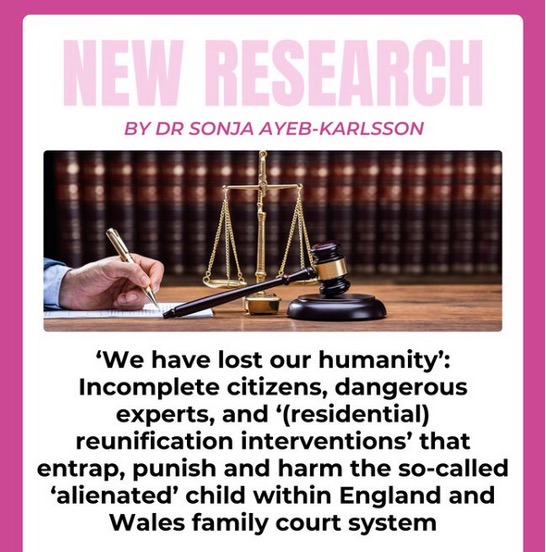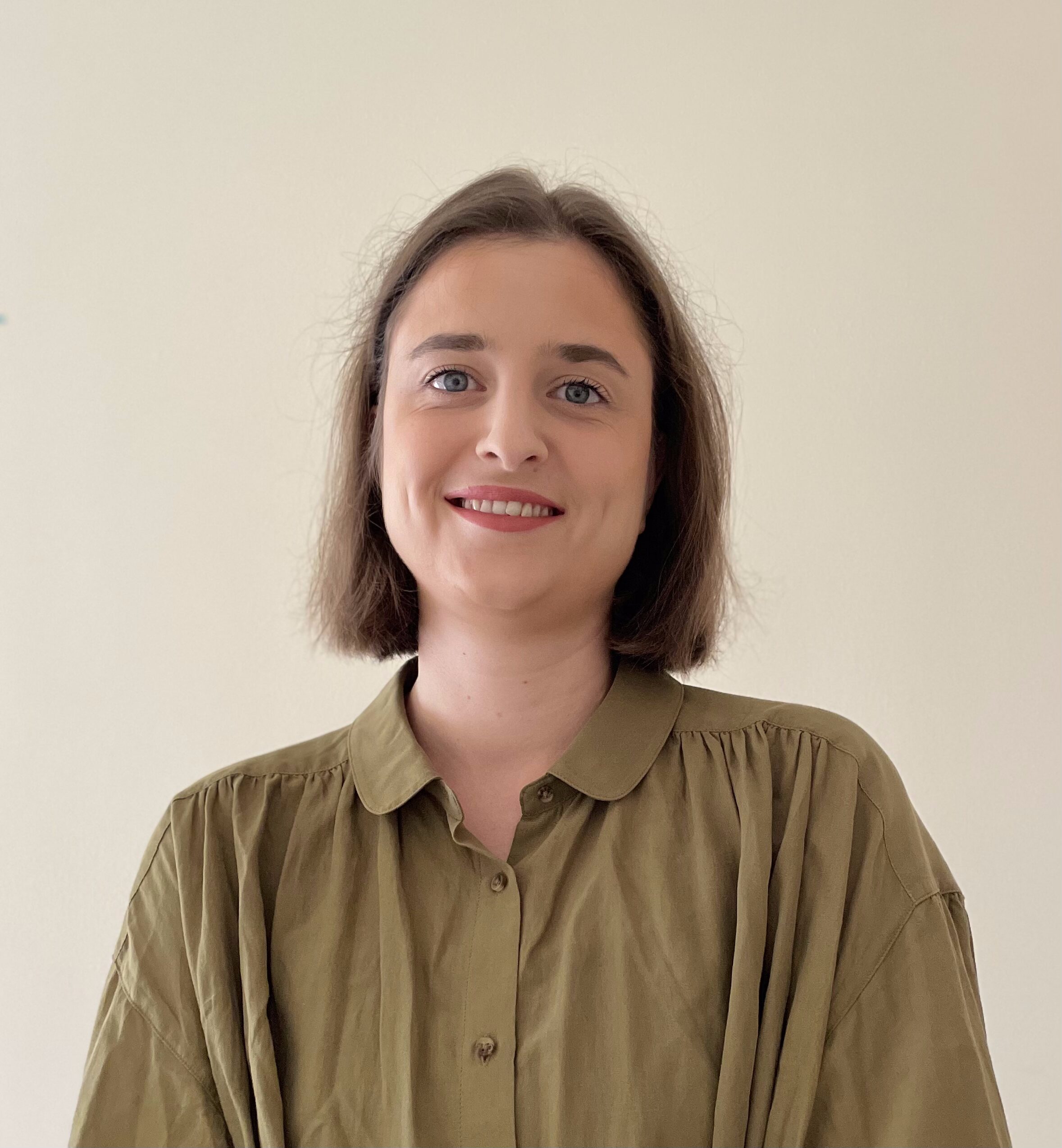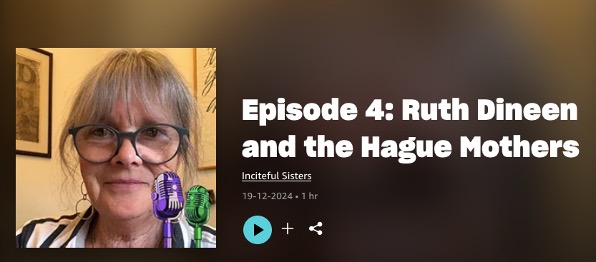There are worrying discrepancies between UK domestic legislation and practices and the implementation of the Hague Abduction Convention. In the former, there are clear attempts to protect victim-survivors (albeit not always successfully); in the latter, there are limited protections.
A stark example is in the intention and impact of Practice Direction 12J. For survivors navigating the family courts, this Practice Direction could mean the difference between safety and risk, between being heard and being dismissed. It outlines how allegations of domestic abuse must be approached, how risk to both the parent and the child must be assessed, and what must happen before any decisions about child contact are made.
When raising domestic abuse in family court, this key Practice Direction helps judges and court officers identify the abuse and understand its significance, identify perpetrators, and assess risks to both mother and child. PD12J defines domestic abuse comprehensively—including coercive control, emotional, psychological, and economic abuse—and, critically, recognises children as victims in their own right if they experience or witness abuse.
It also provides the framework for determining when fact-finding hearings are necessary and sets clear standards: no contact should be ordered unless the safety of the parties is ensured. Significantly, this also applies to allegations that have not yet been determined:
‘Where the court gives directions for a fact-finding hearing, or where disputed allegations of domestic abuse are otherwise undetermined, the court should not make an interim child arrangements order unless it is satisfied that it is in the interests of the child to do so and that the order would not expose the child or the other parent to an unmanageable risk of harm (bearing in mind in particular the definition of “victim of domestic abuse” and the impact which domestic abuse against a parent can have on the emotional well-being of the child, the safety of the other parent and the need to protect against domestic abuse).’ (para 25).
PD12J is also important when determining whether a fact-finding exercise should be conducted, ‘wherever practicable’, and sets out the relevant test (‘necessary and proportionate’) and the key evidence required. Should the findings show that the perpetrator parent poses a risk to the victim-parent as well as to the child, it states:
‘The court should make an order for contact only if it is satisfied –
a) that the physical and emotional safety of the child and the parent with whom the child is living can, as far as possible, be secured before, during and after contact; and
b) that the parent with whom the child is living will not be subjected to further domestic abuse by the other parent’ (para 36, 3a-3b).
A key aspect of the directive is that there should be no presumption that contact with an abusive parent is safe or beneficial. PD12J makes clear: the child’s welfare and the survivor’s safety must come first. Always.
The court must ensure the safety of the child and non-abusive parent throughout proceedings and in any contact ordered (see paras 28-30 and 38 of PD12J). PD12J is based on both a clear understanding of current research and an in-depth understanding of the definition, prevalence, and impact of domestic abuse. It acknowledges the absolute need to prioritise the safety and well-being of victim-survivors—both mothers and their children.
An alignment of domestic and international safeguards is long overdue to ensure that mothers and children who are victims of both domestic abuse and the Hague, are not left unprotected.
Dr Charlotte Proudman
Photograph by Jooney Woodward.


